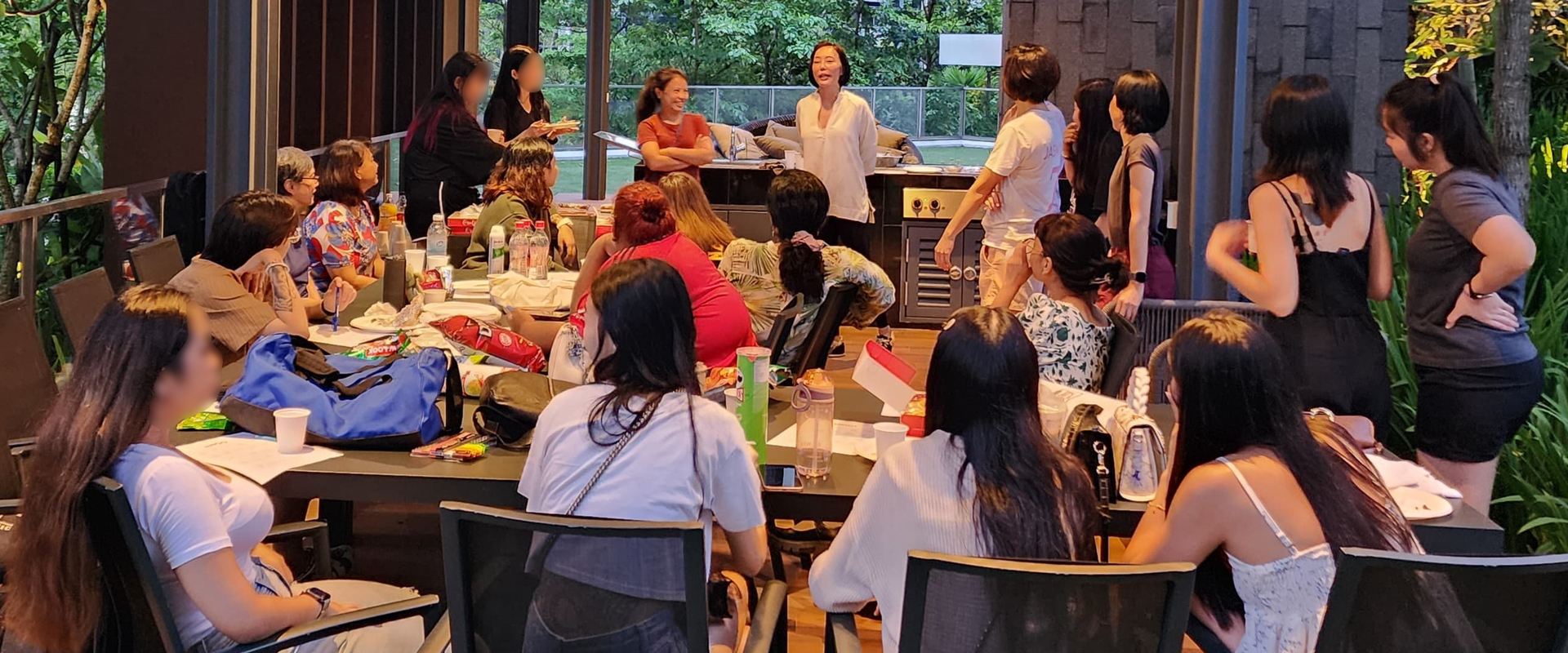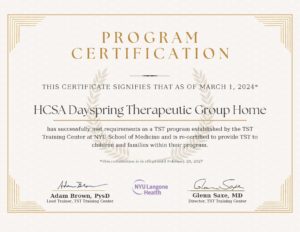
About HCSA Dayspring
Dayspring began in 2006 with one woman, Alice Heng, and her vision to help troubled women. Originally a hideaway of hope and healing for troubled women, the Dayspring team discovered a need to shelter girls who were victims of abuse and established Singapore’s first Residential Treatment Centre in 2011 to provide a therapeutic intervention programme for young trauma survivors. In 2017, Dayspring transitioned into a Therapeutic Group Home and is today certified as a Trauma Systems Therapy programme. We offer a caring, safe and therapeutic environment to help teenage girls who have suffered the complex trauma of emotional, physical or sexual abuse; physical and emotional neglect; or household dysfunction.
Partner Agency
MSF
Year Started
2006
Our Impact in FY2023
Residential Care
Our residential care is designed to be like a family, and each resident will be matched with a care team upon admission, comprising a clinical psychologist, a case worker, a coach and support coach. Our residents have regular counselling sessions to help them develop an individualised treatment plan, and their parents or guardians also have mandatory family sessions to meet family treatment goals.
Alumni After-Care
The transition from residential care to community reintegration can be daunting. Our former residents may face challenges such as disrupted family relationships, gaps in their education, social stigma, employment difficulties and housing instability. We check in on them regularly in the first six months after discharge, and we also encourage our alumni to join OWENA, which allows them to reconnect for peer support, give back to the community and be empowered in their education, career and life aspirations.
Traumatic stress occurs when a child is unable to regulate emotional states and in certain moments experiences his or her current environment as extremely threatening even when it is relatively safe. This happens when the child’s brain regulation of emotional states is disturbed.
Saxe, Ellis and Brown, 2016
To be effective, interventions must fully address the many contextual factors that lead to a child's expression of traumatic stress. These contextual factors may be found within the child's family, school, peer group, or neighbourhood—any setting in which a child lives, learns, and plays. Contextual factors drive traumatic stress reactions because they serve as reminders of traumatic events the child has experienced.
NYU Langone Health’s Trauma Systems Therapy Training Center
